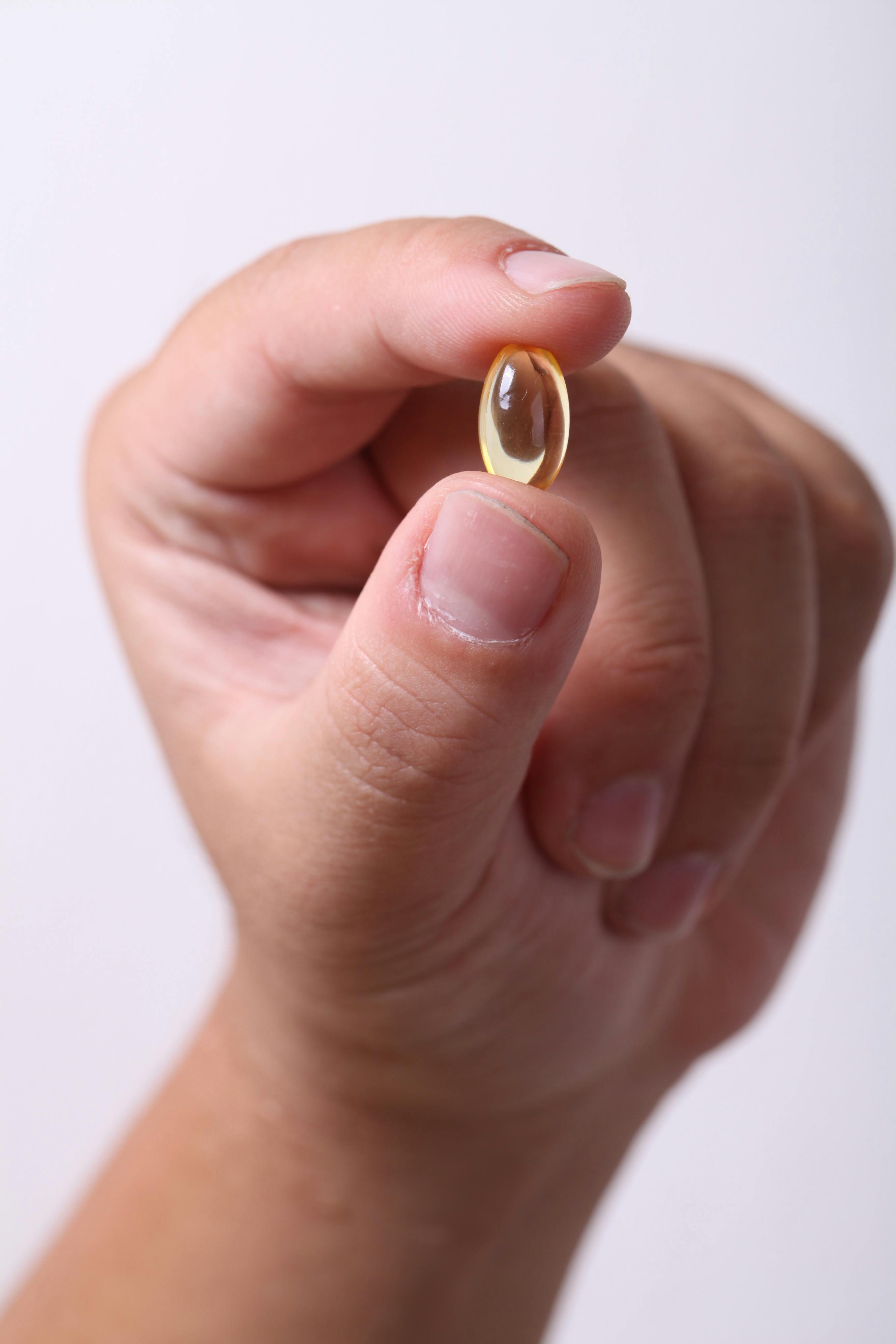Essential Guide to Essential Vitamins for Your Baby's Development and Health

Starting a journey into parenthood comes with a world of responsibilities and decisions, and one of the most significant is ensuring your baby gets the right vitamins for optimum growth and development. This article will delve into the world of essential vitamins for babies, from understanding the purpose of each vitamin to choosing the best administration method. While giving your baby vitamins may seem intimidating at first, knowledge is power, and understanding the whys and hows will make this task much easier and more productive.
The Importance of Vitamins for Baby's Health
Vitamins are organic substances required for various biochemical reactions in the body. In babies, their role extends to supporting growth and development, improving the immune system, and aiding key bodily processes such as metabolism, bone formation, and blood clotting.
From the moment your newborn arrives in the world, their body is growing and developing at an astonishing rate. To support this rapid growth and function, they require specific essential vitamins and minerals. Although most of these necessary nutrients are obtained through breastfeeding and formula feeding in the early stages, vitamins also play a crucial role when it comes to introduction to solids and as they continue to grow.
Vital Vitamins for Your Baby: An Overview
While all vitamins are essential for overall health and wellbeing, some are particularly critical for babies. These include Vitamin A, C, D, and K.
Vitamin A is essential for visual health and immune function. Babies get this nutrient from breast milk, formula, and foods like sweet potatoes and spinach.
Vitamin C boosts the immune system, improves iron absorption and promotes healthy skin. Fruits like strawberries and oranges are excellent sources.
Vitamin D helps in regulating calcium and phosphate in the body - vital ingredients for healthy teeth, bones, and muscles. It is challenging for babies to get enough Vitamin D from food alone, hence the need for supplements.
Vitamin K is critical shortly after birth as it plays a role in blood clotting and preventing serious bleeding. This vitamin is usually administered as an injection immediately after birth.
Vitamin Administration: Considerations and Recommendations
Ensuring your baby gets these essential vitamins often requires a balance between diet and supplements. Breastfeeding moms pass some vitamins through their milk, and formula is often fortified with vitamins as well. Once your baby starts on solids, incorporating vitamin-rich foods becomes increasingly important.
Vitamin D, in particular, often requires supplementation since very few foods naturally contain it. In the UK, it's advised to give babies a daily supplement containing 8.5 to 10 micrograms of vitamin D after birth, whether they're breastfed or having less than 500ml (about a pint) of infant formula a day.
Administration of vitamins to your baby needs careful monitoring. It's crucial to follow the prescribed doses and not to give more than recommended, as excess vitamins can potentially lead to toxicity. Always consult with a pediatrician or healthcare professional before starting any vitamin supplement regimen for your baby.
Conclusion: Baby Vitamins for Overall Health & Development
In conclusion, vitamins play an integral role in your baby's health, growth, and development. Providing a balanced diet rich in necessary vitamins, complemented with judiciously used supplements, can ensure your baby gets all the essential nutrients they need for their development. However, as every baby is unique, always discuss your child's specific needs with your health visitor or GP. Educating yourself and seeking professional advice when it comes to baby vitamins is your perfect formula to ensuring your little one's optimal health.





